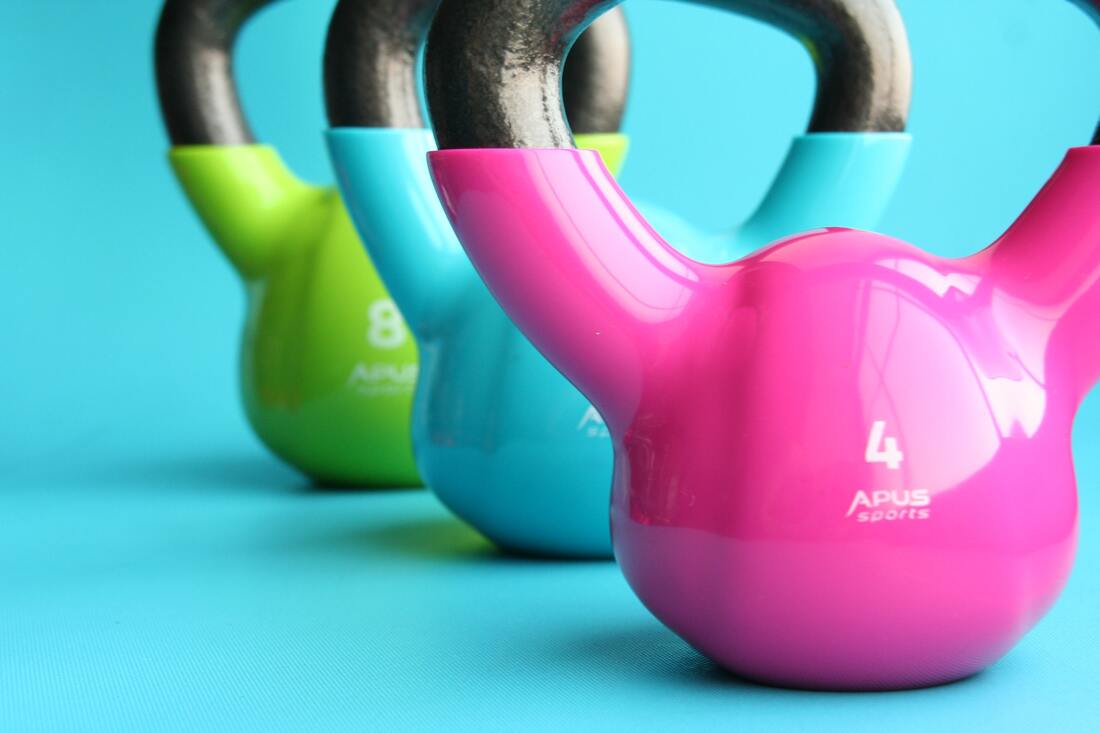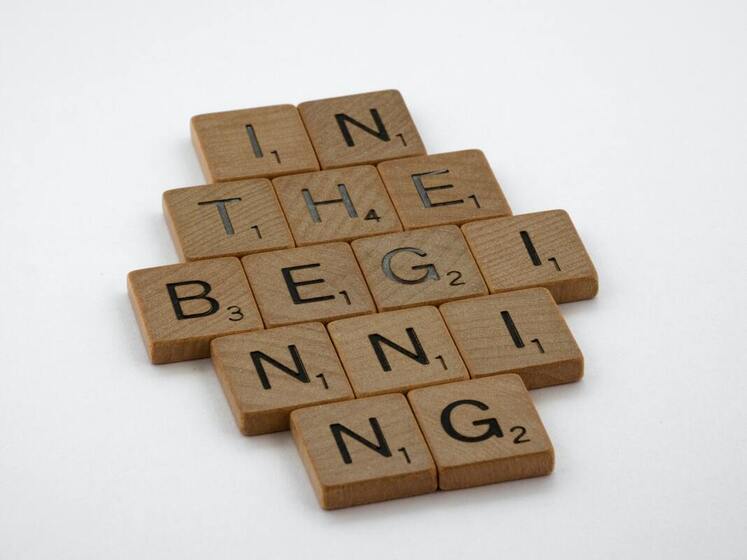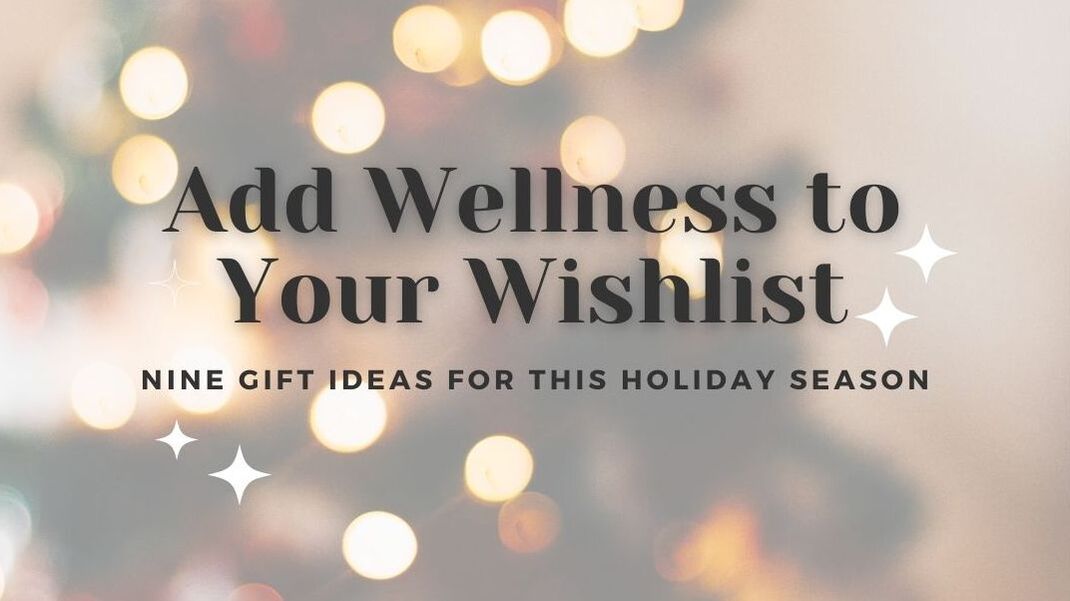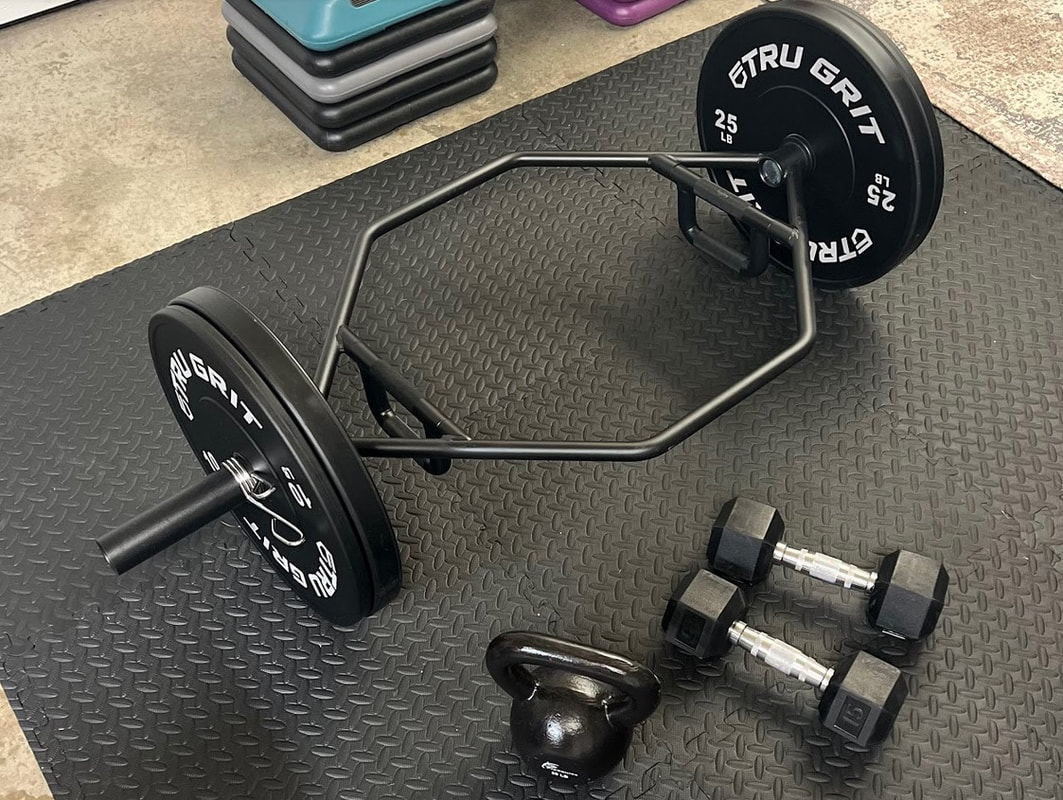|
Ready to improve fitness without a gym membership? You CAN do it at home! Most of my clients prefer to train in a non-gym environment (Reuna Fitness) or at-home. It really doesn’t require too much to build an adequate at-home training space. You will need to invest in a few key pieces of equipment; weight machines, barbells, and cardio equipment are not required but you could certainly add them if you wanted to do so! The items you choose to add to your at-home workout area depends on your available space, budget, and preferences. Here are a few considerations for creating your at-home workout space as well as a list of some equipment I’ve used in the Reuna Fitness studio that could be worthwhile additions.
0 Comments
Let’s say you have been out of the exercise habit for a quite a while and you are ready to improve energy and strength, so you look for “beginner workouts” online. What you discover will vary wildly from workout to workout. One may showcase slow, unweighted exercises while sitting in a chair and another includes squat jumps, push-ups, and mountain climbers. Both are labeled “beginner”.
The sheer amount of content available can make it even more difficult to get started. And we know that developing an exercise habit is hard enough without having to guess about what exercises are “good for beginners”. So where do you actually begin? ‘Tis the season for holiday shopping! If you are looking for gifts for your fitness-minded friend or you want to add some wellness to your wish list, keep reading! Below you will find a few favorite fitness and wellness items that can add some healthy to your holiday. I do not get anything for these links (other than Reuna Fitness gift cards!).
When the topic turns to maintaining health and well-being or managing body composition changes in midlife, we are met with a sweeping recommendation to “lift heavy.” It’s not bad advice. It’s simply very generalized. What does that even mean? You may imagine a being under a barbell. This can be the way to go for some folks. However, this type of training is not required nor even prudent for everyone (including me!) Even without hundreds of pounds, you can still lift enough to have a significant positive impact.
First, if you aren’t on board with strength training at all …let’s chat about strength training and why everyone, ESPECIALLY women 40, benefits from adding some form of it into their weekly routine. |
Archives
June 2023
Categories
All
|




 RSS Feed
RSS Feed